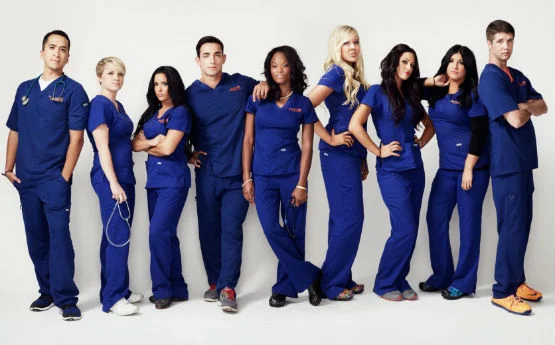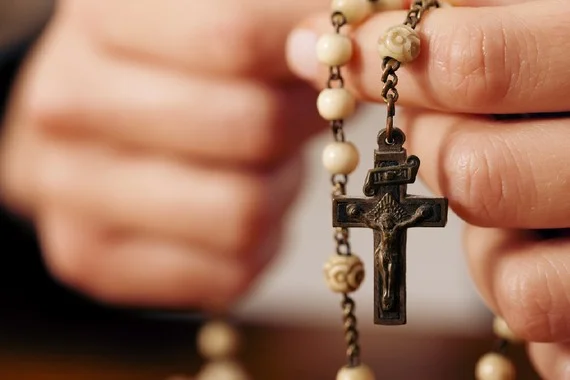Angelina Jolie Has Second Surgery | Jolie's Impact On BRCA Screening Is Huge
/Angelina Jolie shared one more reason why she is among the world’s most admired women, writing an op ed in The New York Times about her latest preventive surgery. Two years ago the world star had a double mastectomy after learning that she carries the BRCA1 gene. Angelina Jolie Pitt, the name she used in today’s op ed, had an 87% risk of getting breast cancer and a 50% risk of ovarian cancer and lost her mother, grandmother and aunt to cancer.
Jolie’s recent surgery to remove her ovaries and fallopian tubes was always part of her health management plan, but a recent blood test and follow-up medical treatment prompted her to act now.
At the time of her double mastectomy, Jolie wrote: ‘I do not feel any less of a woman. I feel empowered that I made a strong choice that in no way diminishes my femininity.’
In today’s piece, Jolie reached out to women, saying ‘I feel feminine and grounded in the choices I am making for myself and my family. I know my children will never have to say ‘Mom died of ovarian cancer”.
High Impact on Women’s Health
2. In 2014 Dr. Harold Burstein from the Harvard Medical School shared news of Angelina’s impact on women getting checked for BRCA mutations. Calling her first op-ed ‘a model of medical writing’, Dr. Burstein referred to a study at the University of Toronto that examined both an increase in medical screenings and whether the subjects were medically appropriate candidates or just nervous nellies.
Focusing on their own populations in Toronto, the doctors concluded that the number of BRCA! and BRCA2 screenings doubled as a result of her op ed. The candidates for the screenings were ABSOLUTELY women who should be screened. A secondary effect was a strong increase in physician referrals by doctors influenced by the Jolie effect, health workers who probed more deeply into women’s medical histories.
Gender Pay Gap In Nursing
3. Only 7-10% of nurses are male, but a new study of 290.000 registered nurses found that a pay gap had not narrowed within traditional workplace nursing or specialty nursing from 1988 to 2013.
Researchers concluded that male nurses make $5,100 more on average than female colleagues in similar positions. male cardiology nurses on average were paid $6,000 more. Among nurse anesthetists, where men represent 40% of the population, they were paid $17,200 more on average than female nurse anesthetists.
Religious Women On Contraception Mandate
4. Conservative and religious men have led a relentless onslaught against the contraception mandate — covering access to birth control as part of women’s health coverage under Obamacare.
Women’s voices haven’t been heard in any significant way on the subject, particularly because the charge was led by the Catholic Church where women have little influence.
Elizabeth Patton, an OB/GYN and health-services researcher at the University of Michigan decided to talk to women who self-identify with a religious entity such as a hospital, university or even a secretary to the male leader screaming the loudest.
Catholic women — including nuns— support the contraception mandate. 63% of Catholic affiliated women, second only to 66% of Protestant affiliated women, reports the Public Religion Research Institute. What the cardinals and priests are saying doesn’t at all reflect the thinking of the women.
The women who were most likely to say they opposed the mandate were from conservative-leaning denominations, such as Baptists, non-denominational Christians, Pentecostals, and Mormons. Fewer than 50 percent of these women supported the mandate.























































